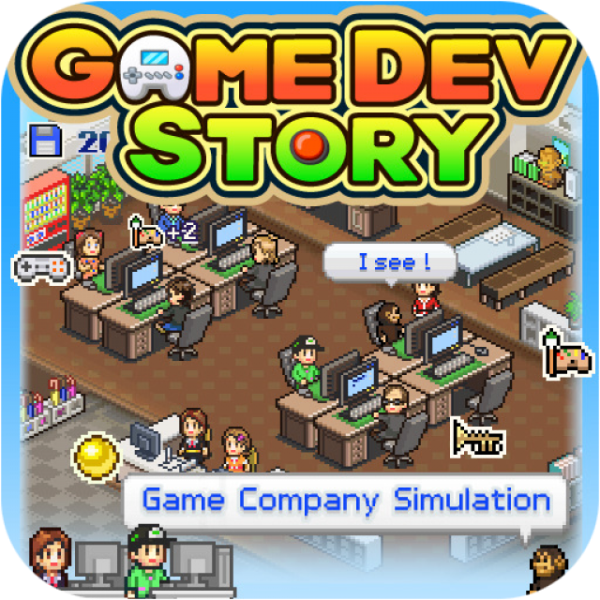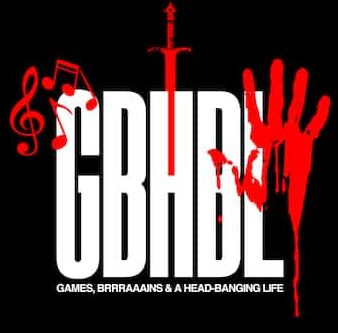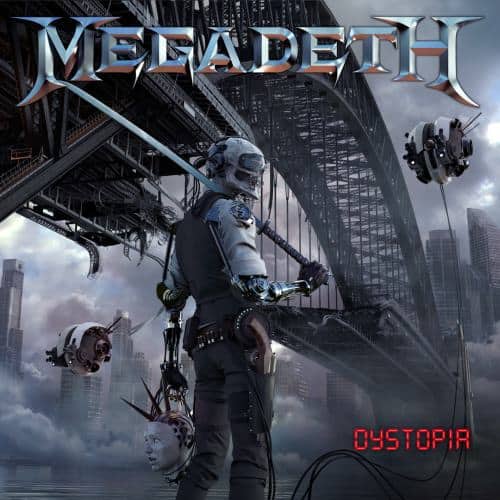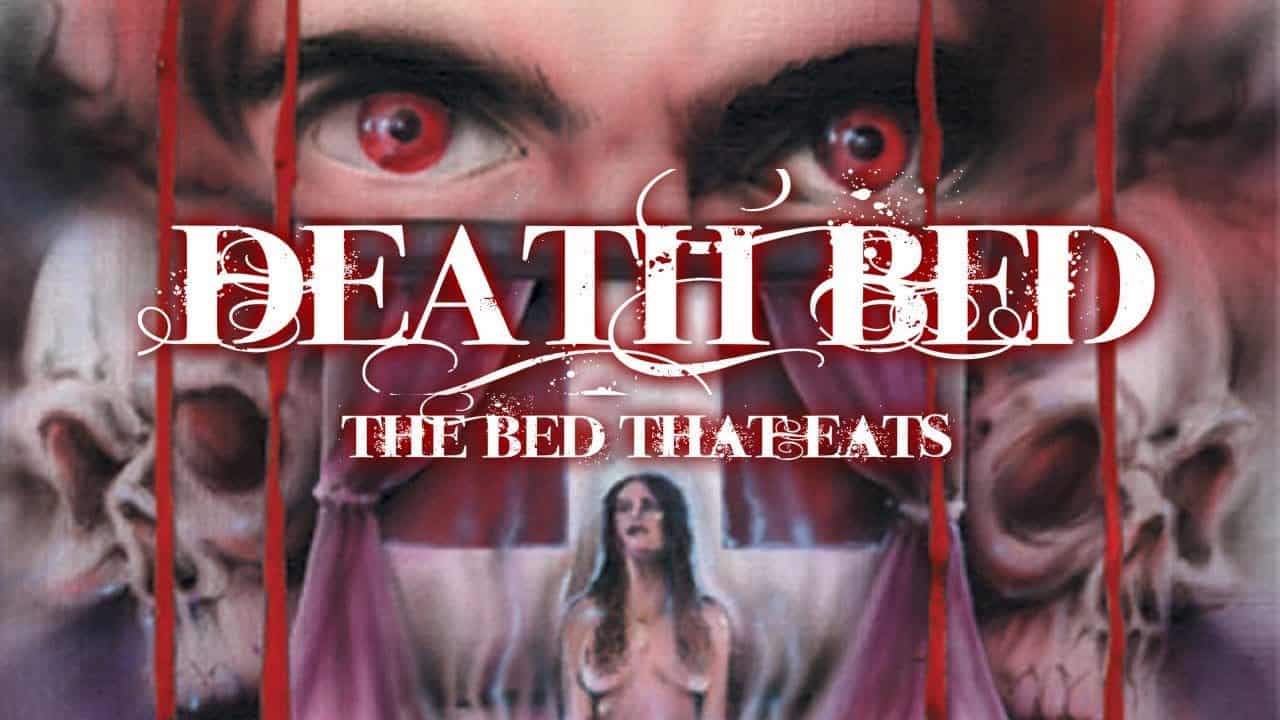Opinion: The Greed of the Free to Play Mobile Gaming Market
Clash of Clans is estimated to be earning 1.5 million dollars a day while Game of War: Fire Age is estimated to be earning 1.2 million dollars a day. Together they occupied the top 2 spots for the highest gross earnings on the Apple app store in 2015.
Both have been able to secure massive advertising slots. In the UK a lengthy advert for Clash of Clans was shown before the new Star Wars movie & Game of War had an advert during the American Superbowl. They have had nothing short of phenomenal success and all while being free to play.
How do they make such large sums of money? With in-app purchases…words that have become synonymous with greed.

Every major developer has tried to follow suit with their own variations & the free to play model has even seeped its way into home consoles. Every week when the Apple app store updates its new games at least 60% of them will be free to play & 80% will have some form of in-app purchase.
The roaring success of the model shows that it’s not going away anytime soon even if the hardcore gamer turns its back on the mobile market. The sad thing about that is buried amongst the weekly trash of lazy; poor free to play games are some excellent games.

Most don’t ever reach the level of success that the likes of Candy Crush has because they have a price attached at the start. People want things for free so they will gravitate to the free games without understanding that they aren’t getting quality, they aren’t getting the love & hard work of a development team instead they are just cash cows waiting to be milked in any number of ways.

The free to play model get players invested early on by appearing generous but it’s not long before the premium currency has run out & you’re stuck behind a wall of timers waiting for things to build or an action to be completed. It’s on a constant loop where you’re rewarded with more restrictions every time you progress a little further. These games rely on the player wanting to stay invested & the only way to do that is to sink real money into the game.
The claim is often that the game is entirely available to finish without spending a single penny & this might be the case but at what cost? A 3-day timer to build your latest attraction? 12 hours to play the next level? If you’re willing to wait it out you’re only to find another wall shortly afterwards.

So you decide to stump up a little cash, after all your kind of enjoying it & you didn’t actually pay anything for it. Give a little bit back to the developer. Again sounds perfectly sensible but the creators of the game aren’t happy with just a bit of money…they want all of the money. You spend a couple of quid on a package that gives you x amount of resources or power-ups but these are finite, they will run out & you’ll be back to square one.
What now? Do you spend more money or do you just give up on the game rather than sit at another long timer effectively wasting the money you’d spent previously?

In-app purchases always seem to have some sort of offer or sale going on that implies you’re getting value by snapping it up quickly. Words like ‘limited offer’ & ‘best value’ are attached to give you the impression that you’ll be missing out if you don’t get it now.
Yet the majority of free to play games are boorish, intelligence insulting games that often aim themselves towards a younger, more impressionable market.
Greed is what drives the free to play side of gaming. There is nothing wrong with the idea in practice if it was perhaps done in a try before you buy fashion. Like what you’ve played? Great, pay some money to fully unlock the game.

Have in-app purchases that don’t interfere with the core gameplay mechanics so those who want to invest a bit more money still have the option & the creators get a little bit more cash.
The free to play model is destroying the mobile gaming market for anyone who wants to be taken seriously. Watch a Game of War ad & tell me that isn’t one of the most exploitive, borderline insulting ads you’ve ever seen? Yet people continue to pour money into the endless loop of resource collecting & building management games.

Clash of Clans has almost no actual gameplay in its lengthy trailers instead going for a glossy cartoon look to get children to notice & start bugging Mum & Dad. It’s disgusting behaviour & damaging to the gaming industry as a whole.
We’ve worked hard at shedding the view that all gamers are basement dwelling public masturbators. That gaming isn’t for everyone & should still be mocked & sneered at rather than be treated as an art form. It’s embarrassing to see a game try to sell itself on explosions & sex especially when it has neither of those things involved.

My thoughts here aren’t new…for those who read my mobile game reviews will know that I invest a lot of time into free to play games without ever spending a penny just so I can review it for GBHBL. I want to tell people about the good ones but I spend more of my time warning you to stay far away.
Finding a good free to play game is like sticking your hand in a bag of used hypodermic needles to find the £1 you dropped in there. The risk is high & more often than not you will get pricked.






The gaming model is a disgrace and in some cases should be more than just bad practice – it should be illegal. Having my 4 year old daughter play a game on my phone based at toddlers with branding like “Disney” on it that offers her nothing. An example would be Free to Play – Disney’s Palace Pets which comes with one free pet, constant advertising and a further 20 to unlock at £0.99 per pet. A toddlers game. The security to stop her accidentally spending money is that to get to the adult section you have to hold your finger down for a few seconds on the screen. She does this by accident every few minutes and had accidentally spent money on my account many times forcing me to delete the game and causing a night of distress and tears. I think the marketplaces that host games should be more responsible for the content they host as well so Apple, Amazon, Google etc… should be looking at their own image and saying “Are we happy to be associated with these bad apples”